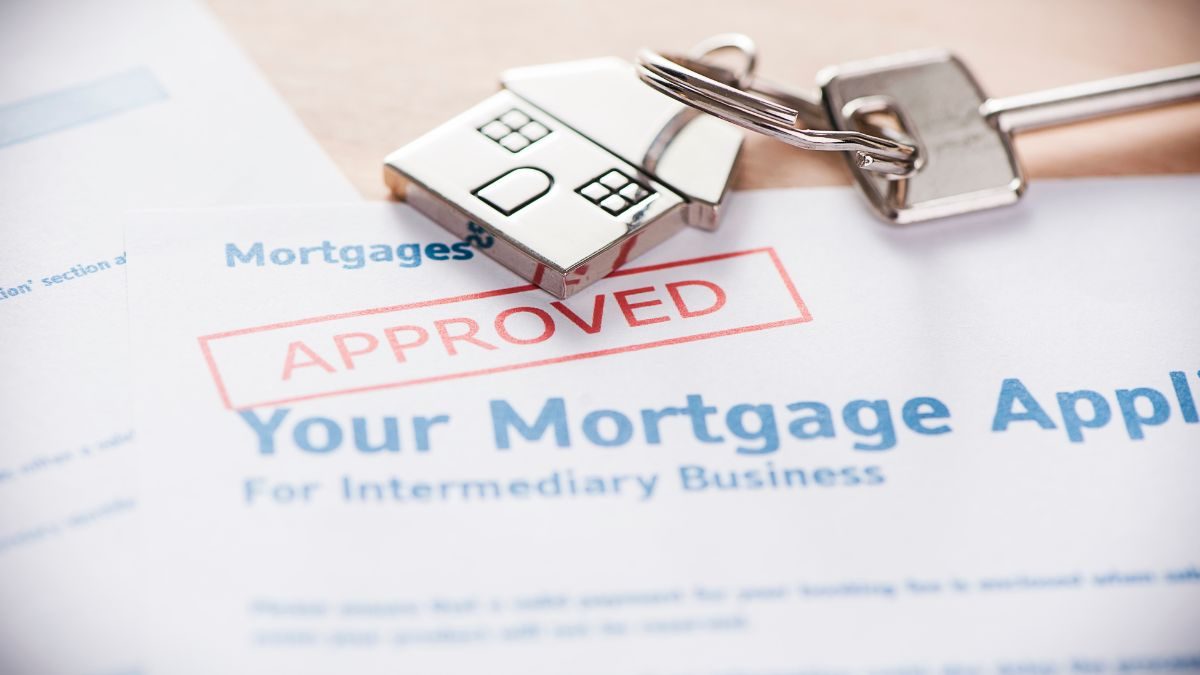Getting a home loan is one of the biggest financial steps many people take. Lenders use a few key details to decide whether someone qualifies, and credit score is one of the most important. This number can affect approval, interest rates, and how much money is needed for a down payment. Understanding the credit score needed for different types of loans can help homebuyers plan ahead. With the right information, it becomes easier to take the first step toward owning a home.
What Is a Credit Score?
A credit score is a three-digit number that shows how someone has handled borrowing in the past. It is based on a credit report, which includes repayment history, current debts, and types of credit being used. Scores usually range from 300 to 850. Higher scores mean lower credit risk, while lower scores reflect a poor credit score or bad credit.
Lenders use this number to estimate how likely someone is to repay a loan. That’s why understanding the right credit score for home loans is a key factor in preparing to apply. Someone with excellent credit scores usually qualifies more easily and receives better terms.
Why It Matters for Home Loans
Credit scores affect many parts of the mortgage process. Lenders look at them to decide:
-
- Whether to approve the loan
- What the monthly payment will be
- If a higher down payment is needed
- The interest rate offered
- Eligibility for fixed-rate home loans or other mortgage types
A strong score also reflects healthy financial habits, such as paying bills on time, keeping balances low, and managing various lines of credit. Those with weak scores may face higher rates or need to take steps toward building credit before approval.
Credit Score Needed by Loan Type
Each loan type has its own rules about the minimum credit score required. Here’s what buyers can expect:
Conventional Loans
For most loan applications, conventional loans require at least a minimum credit score of 620. A score above 740 usually gets the best deals. Buyers may need to keep their credit card accounts well below their credit limits and avoid late or missed payments to qualify.
FHA Loans
FHA loans offer more flexibility. A score of 580 qualifies for a 3.5% down payment. Scores from 500 to 579 still qualify with a 10% down payment. These loans are often helpful for those with bad credit or a short credit history.
Having a healthy mix of installment loans and credit card accounts may improve approval chances, especially if the borrower avoids late payments and uses automatic payments to stay on track.
VA and USDA Loans
VA loans are for veterans and usually require a score of around 620. USDA loans often look for 640. While these programs may be more forgiving, strong credit decisions and low credit utilization still help. A responsible pattern of on-time payments over a steady period of time gives lenders more confidence.
Improving Credit Before Applying
If a buyer doesn’t meet the required minimum credit score, there are ways to improve it. Start by reviewing credit reports for mistakes. Pay bills on time and reduce balances. Keep old credit card accounts open if possible.
Adding a secured credit card may also help someone with poor credit score rebuild. These cards require a deposit but work like regular credit cards and report to credit bureaus. Responsible use builds repayment history and boosts scores.
Avoid opening many new credit applications at once. Each one can lower a score slightly, and too many can signal risk. Instead, focus on improving credit mix and keeping balances well below credit limits.
Other Factors Lenders Check
Credit score is important, but lenders also look at:
- Income and job history
- Credit mix (variety of credit types like installment loans and lines of credit)
- Down payment savings
- Debt-to-income ratio
Having steady income and good financial habits can help offset a slightly lower score. For example, someone with an average credit score but strong income and few debts may still qualify for fixed-rate home loans with decent terms.
How To Stay on Track
Once approved, managing the loan is just as important. Setting up automatic payments ensures nothing is missed. Keeping balances low and avoiding late payments protects your credit risk profile in the long run.

Maintaining a solid score helps with future loan applications, whether for home improvements, vehicles, or other needs. Good habits, like using credit card issuers responsibly and limiting credit applications, can make a big difference over time.
Final Thoughts
The right credit score for home loans depends on the loan type, but most lenders expect at least a score of 620. Higher scores lead to better interest rates, smaller down payments, and access to more loan options. For those with a bad credit or poor credit scores, improvement is possible by following healthy financial practices. A mix of credit types, consistent time payments, and thoughtful credit decisions can help. With preparation and smart habits, homeownership is within reach.

